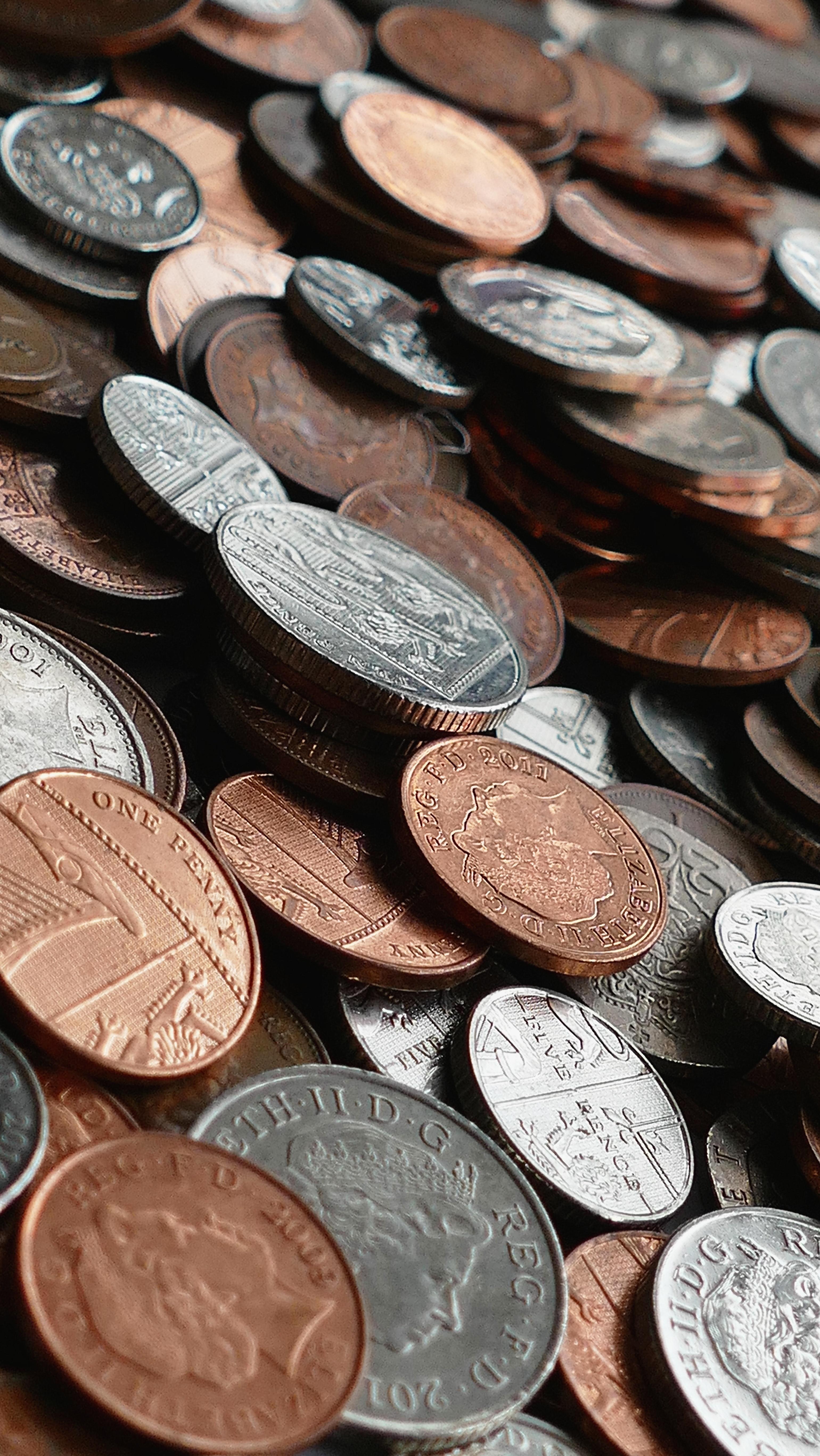Council unveils robust and affordable budget proposals

New budget proposals would result in investment in key Council priorities, major capital improvements and a boost to environmental sustainability while keeping Council Tax levels low.
The Council’s spending plans for 2023/24 mean that Council Tax bills for the majority of residents, who live in Band D homes, would be eight pence more each week – equating to £4.18 over the year.
Properties in tax bands A, B and C – representing 70 per cent of borough households – would pay an extra five, six and seven pence each week respectively if plans currently being considered go on to be approved by Full Council early in the new year.
A 1.99 per cent rise in the Council’s share of Council Tax bills, the same as last year, is less than small increases implemented in previous years.
Figures released today show that the Council faces a financial “gap” of £2,103,000 in 2023/24 – following the Local Government Finance Settlement received on 19 December – between what it needs to spend and the finance it has available. Budget pressures include income loss, mainly because of the Covid pandemic, and additional expenditure such as increased fuel, electricity and gas prices and a higher than anticipated staff pay award. A range of measures have been put forward to bridge this gap while at the same time avoiding redundancies, investing in services and keeping the Council Tax rise to a minimum.
Included in the latest proposals put forward by Cabinet is another £250,000 for the Borough Growth Fund – an initiative enabling investment in corporate priorities outlined in the Council Plan – which is earmarked for specific projects: the ongoing delivery of the “One Council” digital programme which will transform public access to Council services and drive efficiency savings, economic development initiatives to boost town centre footfall and work to boost environmental sustainability.
Since 2020, the Borough Growth Fund has directed £771,000 towards digitalising services and developing staff skills, supporting Town Deal bids for Newcastle and Kidsgrove, rejuvenating Newcastle’s historic market, carbon reduction through tree planting, addressing community concerns about unpleasant odours from Walleys Quarry and new car parking machines equipped with cashless payment options.
Council Leader Simon Tagg said: “The draft budget proposals ensure a balanced budget which will be achieved in a measured and controlled way, against a backdrop of ongoing financial challenges and cost of living rises, while continuing on our exciting journey towards modernisation, providing high quality services that residents expect and deserve and keeping Council Tax levels as low as possible in these difficult times.
“We are ensuring that financial resources are targeted effectively in line with the Council’s vision of ‘good local services, a prosperous borough and safe and welcoming places for all’ as set out in the new Council Plan. This year we’ve made really good progress against our objectives, with high standards of service delivery being achieved overall.
“We’ve seen a number of major developments in the borough, including the reopening of Kidsgrove Sports Centre, new facilities at the Brampton Museum and more than 60 much-loved green spaces protected. I’m now looking forward to seeing the transformation of Newcastle and Kidsgrove town centres gather pace via significant multi-million pound investment through the Future High Street Funding and Town Deals.
“For 95 per cent of households, these proposals will mean paying just a few pence more each week as we understand that everyone is having to tighten their belts at the moment.”
Action planned to tackle the £2,103,000 budget gap for 2023/24 include £728,000 in government grants, £376,000 from “One Council”, £270,000 in extra income, £215,000 through good housekeeping and a growth in Council Tax and Business Rates incomes through the availability of more home and businesses. The planned 1.99 per cent rise in Council Tax would generate £159,000.
Cllr. Stephen Sweeney, Cabinet member for finance, town centres and growth, added: “The draft budget focuses on ensuring we spend the money we have on the things that matter most to residents and are linked to the Council’s main priorities.
“Times are incredibly difficult for everyone, including residents, which is why we’ve worked really hard to limit a Council Tax rise to significantly below inflation. We’ve looked at every possible option to save money since the summer. Expenditure continues to be reduced wherever possible throughout the Council to ensure that only absolutely necessary spending is being incurred.
“However we remain incredibly ambitious for the future of our borough and we will continue to work to deliver growth and unlock our potential.”
As well as plugging the financial gap for 2023/24, the Council faces further budgetary pressures in the four years to come with its Medium Term Financial Strategy pointing to required savings of £2,222,000.
In addition to its revenue proposals, the Council has also outlined what it intends to spend as part of its Capital Programme.
Planned capital investment for 2023/24 to 2025/26 totals £48,064,000, including major investment in the borough via external funding – and elements of matched funding from the Council – from the Future High Streets Fund and the Town Deals Fund for both Newcastle and Kidsgrove.
The draft budget and Council Tax plans have been referred to the Finance, Assets and Performance Scrutiny Committee for comments before final proposals are considered by Cabinet on 7 February and then Full Council on 15 February. A public consultation exercise is currently underway until 2 January 2023.
The table below shows how the Council Tax rise impacts on households.
|
Property Band |
Annual Increase £ p |
Weekly Increase £ p |
|
A |
2.79 |
0.05 |
|
B |
3.25 |
0.06 |
|
C |
3.72 |
0.07 |
|
D |
4.18 |
0.08 |
|
E |
5.11 |
0.10 |
|
F |
6.04 |
0.12 |
|
G |
6.97 |
0.13 |
|
H |
8.37 |
0.16 |

